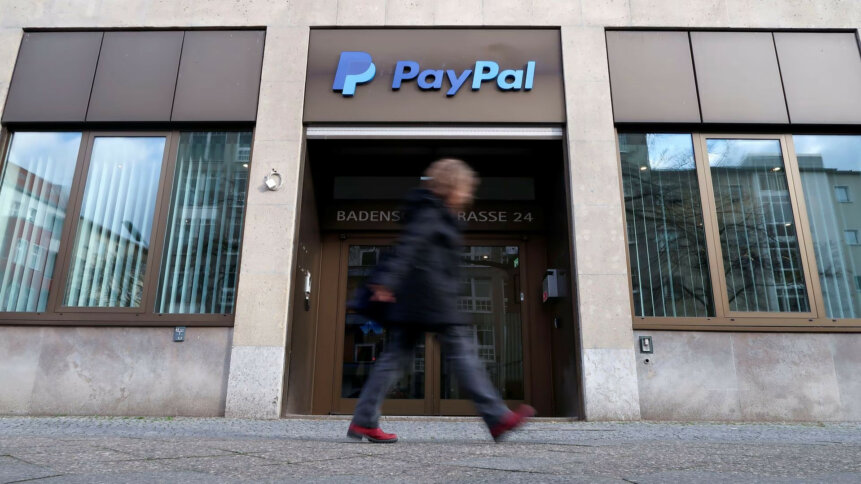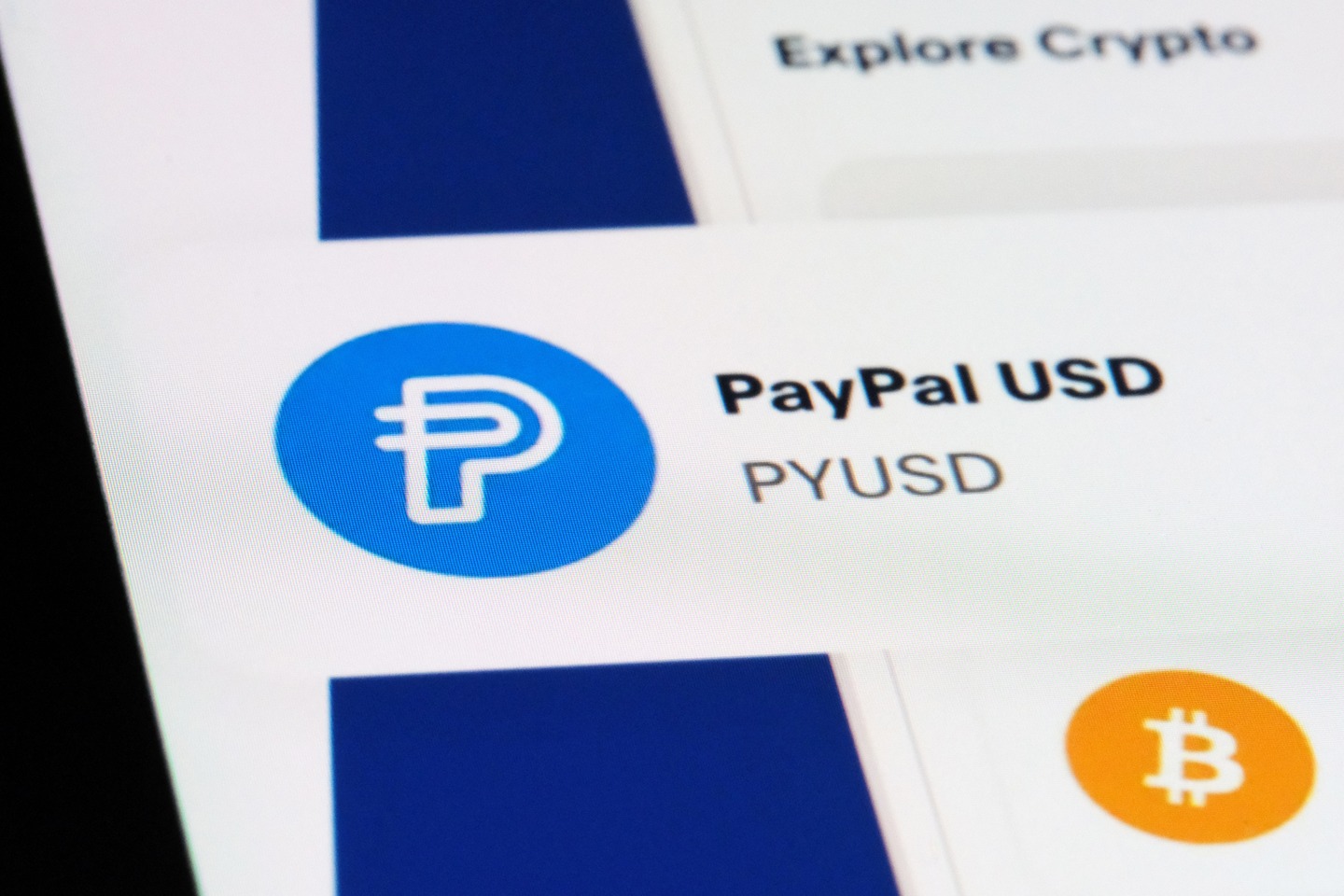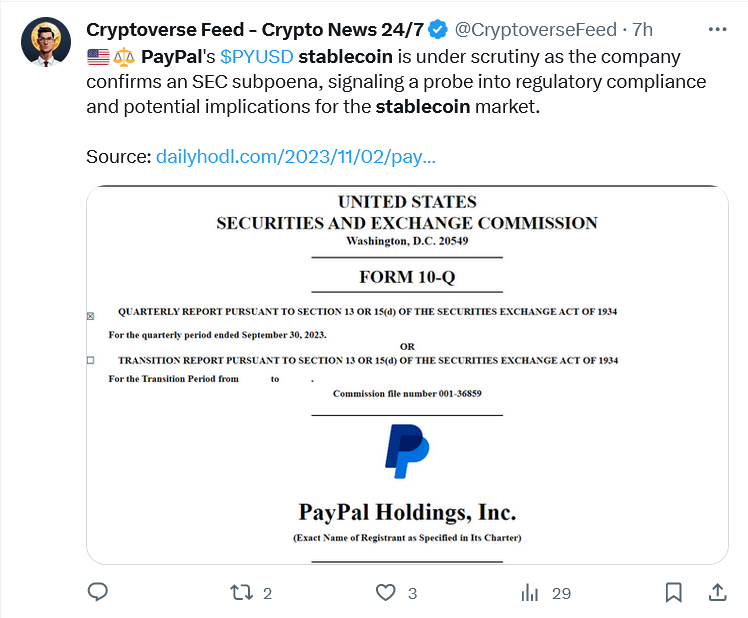Paranoia or precaution? Yet another SEC check into crypto

• Paypal stablecoin – does it live up to the name?
• The SEC has questions.
• But, as Paypal complies, is it just routine, or is there something more behind the probe?
The SEC is investigating the PayPal stablecoin. With no obvious violation on PayPal’s part (yet), we can only assume that the move is part of the ongoing scrutiny that Stablecoin is under by US regulators.
PayPal Holdings Inc. received a subpoena from the US Securities and Exchange Commission’s enforcement division in relation to its work on a dollar-linked stablecoin.
PayPal was asked to produce documents tied to the project and is cooperating with the probe, according to a regulatory filing on Thursday.
The stablecoin, PayPal USD (PYUSD), was unveiled in August. It’s pegged to the dollar and fully backed by US dollar deposits, short-term Treasuries and similar cash equivalents. Or so PayPal said at the time of its release.
Again, the investigation could mean that not everything’s above board.
The coin has a market capitalization of around $158 million, according to CoinGecko data.
What is stablecoin?
A stablecoin is a cryptocurrency that attempts to peg its market value to an external reference. As a medium of exchange, they’re more useful than volatile crypto. Stablecoins pursue price stability by maintaining reserve assets as collateral or through algorithmic formulas that are supposed to control supply.

U OK Hun?
A stablecoin can be thought of as a cryptocurrency for day-to-day transactions, as opposed to a means of asset accumulation.
Stablecoins have been under scrutinization for a while.
US regulators have two main concerns: if a stablecoin crashes, it could trigger fire sales of other assets as their backers try to maintain a peg. They also fear that if stablecoins prove their worth, they could undermine the power of central banks and more easily enable criminals to engage in money laundering.
The issue was a hot topic in Washington last year during the collapse of the once-popular token TerraUSD, an algorithmic stablecoin that sought to maintain a 1-to-1 peg to the US dollar through arbitrage incentives and trading mechanisms. PYUSD is different because it’s asset-backed.

Investigations are ongoing.
Lawmakers are wrangling over legislation that would set out new rules for the tokens, while SEC chair Gary Gensler has said stablecoins may be securities and therefore subject to the regulator’s strict investor-protection and disclosure rules.
Other problems for PayPal
Separately, PayPal said it received a civil investigative demand from the Consumer Financial Protection Bureau in October that focused on Regulation E, which governs electronic fund transfers.
PayPal said in the past that the agency had asked for information about how it treats customers who send a payment to the wrong person through its Venmo service.
Under Regulation E, if a hacker logs into an account and sends money, the customer is due a refund. Fraudsters have increasingly sought to use networks like PayPal to convince customers to send them money. In those cases, the customers aren’t necessarily due a refund.
The CFPB’s latest probe is focused on how the company investigates and resolves errors tied to its obligations under Regulation E, according to Thursday’s filing. The agency is also probing how Venmo presents transactions to customers’ linked bank accounts, the filing said.










